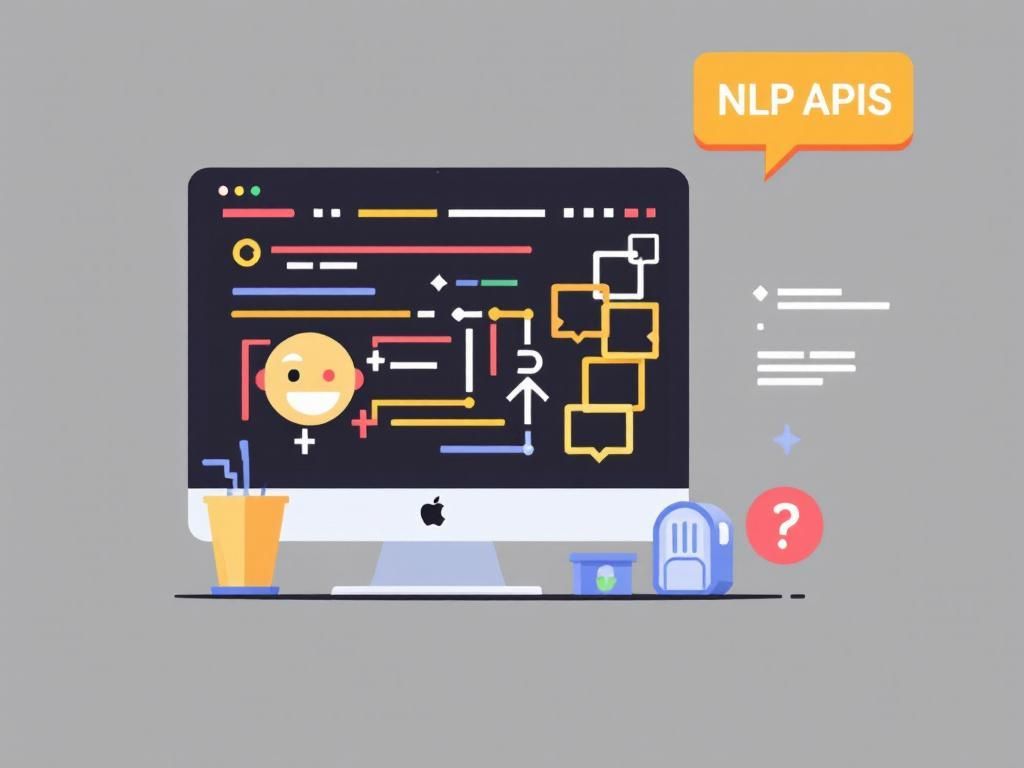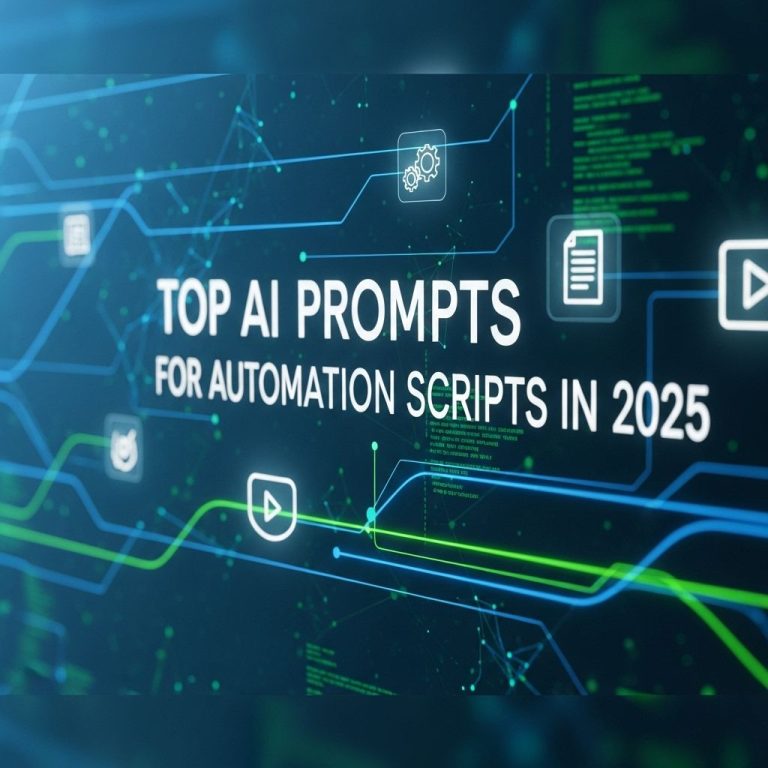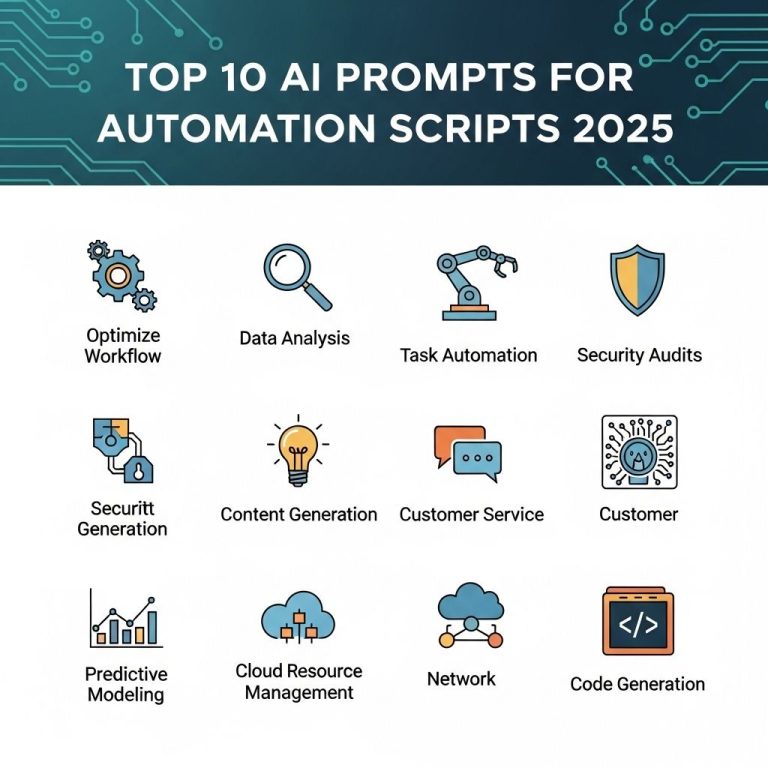As the landscape of technology continues to evolve, developers are increasingly turning to Natural Language Processing (NLP) APIs to enhance their applications. The year 2025 is shaping up to be a pivotal moment in the advancement of NLP capabilities, offering more powerful tools and services. This guide will delve into the most prominent NLP APIs available, trends shaping the industry, and best practices for leveraging these technologies in your projects.
Understanding NLP and Its Importance
Natural Language Processing is a field of artificial intelligence that enables machines to understand and respond to human language. It combines linguistics, computer science, and machine learning to analyze human language in a way that is both meaningful and useful. The significance of NLP lies in its ability to:
- Automate text analysis and data extraction
- Enhance user interactions through chatbots and virtual assistants
- Improve accessibility through language translation services
- Facilitate sentiment analysis for market research
Key Trends in NLP for 2025
As we move into 2025, several key trends are shaping the development and deployment of NLP technologies:
1. Increased Focus on Multimodal Learning
Incorporating text, voice, and image data into NLP models will allow for more comprehensive understanding and interaction capabilities. This shift will facilitate the creation of applications that can process and respond to inputs across multiple formats.
2. Ethical AI and Bias Mitigation
As concerns over AI ethics grow, developers will need to prioritize building NLP models that address bias and promote fairness. This will involve using diverse datasets and implementing rigorous testing protocols to ensure equitable outcomes.
3. Real-Time Processing
With the rise of applications requiring instant feedback, such as customer service bots, real-time NLP processing will become essential. This trend will push the development of more efficient algorithms and APIs that can handle large volumes of text data promptly.
Top NLP APIs to Consider in 2025
The following are some of the leading NLP APIs you should consider utilizing in your projects:
1. OpenAI GPT-4 API
OpenAI continues to lead the charge in NLP with their powerful GPT-4 API. Known for its ability to generate human-like text and understand context, this API excels in:
- Content creation and summarization
- Conversational agents
- Language translation
2. Google Cloud Natural Language API
Google’s offering provides powerful capabilities for sentiment analysis, entity recognition, and text classification. Key features include:
| Feature | Description |
|---|---|
| Sentiment Analysis | Determine the sentiment of a given text. |
| Entity Recognition | Identify and categorize entities in text such as people, organizations, and locations. |
| Syntax Analysis | Analyze the grammar and structure of sentences. |
3. IBM Watson Natural Language Understanding
IBM’s NLP API focuses on extracting insights from text. Features include:
- Emotion analysis to gauge user feelings
- Keyword extraction for summarization
- Classification of text into categories
Best Practices for Integrating NLP APIs
Integrating NLP APIs into your applications can seem daunting, but following these best practices can simplify the process:
1. Define Clear Objectives
Before choosing an NLP API, clearly outline what you want to achieve. Whether it’s enhancing customer service, automating content generation, or analyzing user sentiments, having specific goals will guide your API selection.
2. Choose the Right API
Not all APIs are created equal. Consider the following factors when selecting an API:
- Response time and performance
- Supported languages
- Pricing model and scalability
3. Monitor Performance
Once integrated, regularly track the performance of the NLP API. This can include measuring response accuracy, user satisfaction, and processing speed. Use analytics tools to gain insights into how well the API meets your objectives.
4. Consider Security and Privacy
Be mindful of data security and user privacy when working with NLP APIs. Ensure compliance with regulations such as GDPR and CCPA, and implement best practices for data handling.
Case Studies: Successful NLP API Implementations
Here are a few examples of successful NLP API deployments:
1. Customer Support Chatbot
A leading e-commerce platform integrated the OpenAI GPT-4 API into their customer service operations. The AI-driven chatbot handles inquiries with a high degree of accuracy, allowing human agents to focus on more complex issues.
2. Social Media Monitoring
A marketing firm utilized Google Cloud Natural Language API to analyze social media sentiment surrounding major product launches. The insights gained helped shape their marketing strategies and improve engagement.
Conclusion
The future of NLP APIs is bright and full of potential. As a developer, embracing these tools can significantly enhance your applications and create richer user experiences. By staying informed on the latest trends and best practices, you will be well-equipped to leverage NLP technologies in your projects, making a meaningful impact in your field.
FAQ
What are NLP APIs and how do they work?
NLP APIs are application programming interfaces that enable developers to integrate natural language processing capabilities into their applications, allowing for tasks like sentiment analysis, text classification, and language translation.
What are the key features to look for in an NLP API in 2025?
Key features to consider include multilingual support, real-time processing, ease of integration, customizable models, and robust security measures to protect user data.
How can NLP APIs benefit businesses in 2025?
NLP APIs can enhance customer interactions through chatbots, improve data analysis with sentiment insights, and automate content generation, leading to increased efficiency and better decision-making.
Are there any popular NLP APIs to consider in 2025?
Yes, popular NLP APIs include OpenAI’s GPT, Google Cloud Natural Language API, IBM Watson Natural Language Understanding, and Microsoft Azure Text Analytics, each offering unique features and capabilities.
What are the challenges associated with using NLP APIs?
Challenges include handling ambiguous language, managing performance and scalability, ensuring data privacy, and adapting to language evolution to maintain accuracy.
How can I choose the right NLP API for my project?
To choose the right NLP API, assess your project requirements, compare features and pricing, evaluate user reviews, and consider the level of customization and support each API offers.




